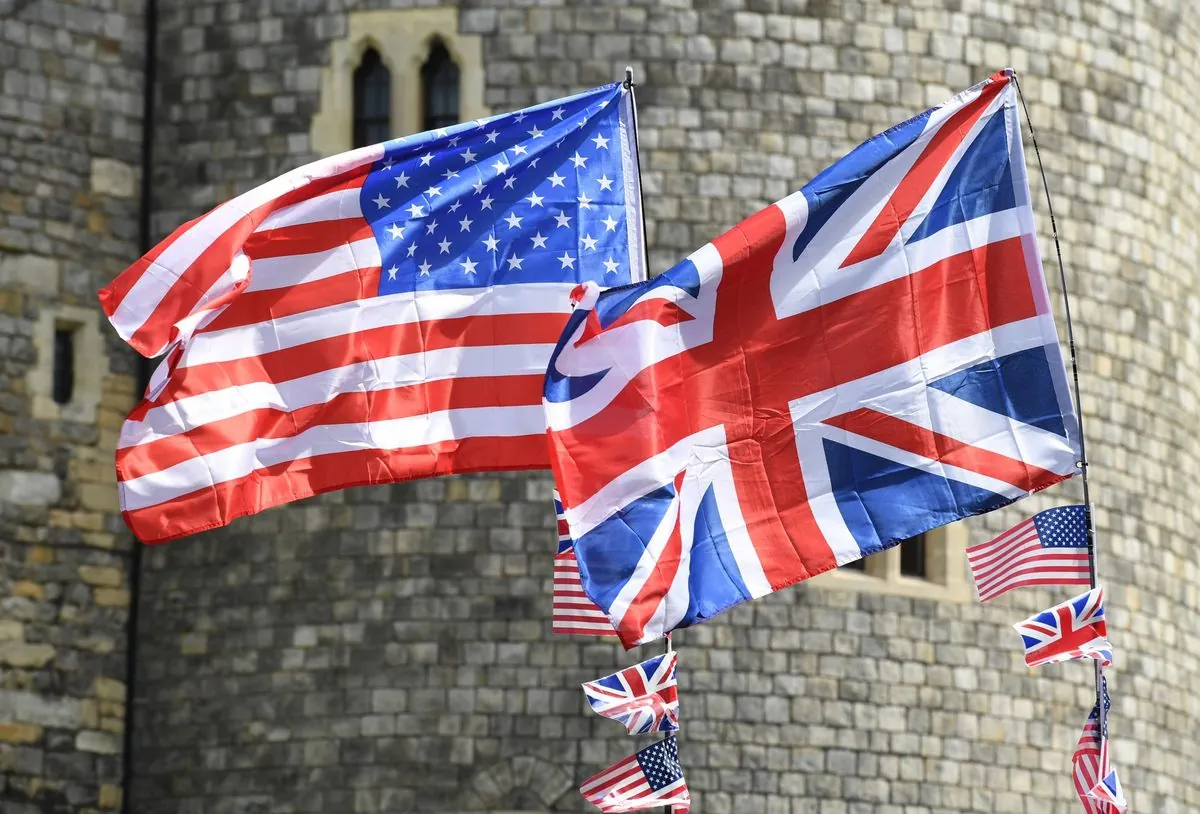The linguistic landscape of the United States is undergoing a subtle yet significant transformation. While the 20th century saw American English dominating global culture, recent decades have witnessed a surprising reversal. Ben Yagoda, a retired professor from the University of Delaware, explores this phenomenon in his book "Gobsmacked! The British Invasion of American English."
For much of the past century, American cultural exports like blue jeans and rock-and-roll shaped global trends. However, since the 1990s, British linguistic influence has been steadily increasing in American speech. This shift can be attributed to several factors:
- Media saturation
- Technological advancements
- Cultural globalization
Popular British TV shows like "Downton Abbey," "The Crown," and "Call the Midwife" have exposed American audiences to a wealth of British expressions. Additionally, British personalities such as James Corden and John Oliver have become prominent figures in American media, further popularizing British terminology.
Yagoda has been meticulously tracking the adoption of Britishisms in American English through his blog, NOOB (Not One-Off Britishisms), since 2011. His research methodology includes:
- Analyzing word origins and usage history
- Utilizing Google Ngram charts to track word frequency
- Employing a five-star rating system to gauge adoption levels
One notable example is the phrase "spot on." While common in Britain since the 1950s, it didn't appear in the New York Times until 1985. Interestingly, since 2000, "spot on" has become more prevalent in American usage than in British English.
Yagoda's book categorizes Britishisms based on their origins, including:
- Insults (e.g., "numpty")
- Military slang (e.g., "bonkers")
- Food and drink terminology (e.g., "book a table")
- Sports jargon (e.g., "own goal")
These categories offer insights into shared cultural experiences that facilitate linguistic exchange. However, some British expressions remain distinctly parochial, particularly those related to inebriation and bodily functions.
"While pondering this book, I asked friends and family for British language they felt was still parochial. The result was a veritable torrent of terms for being drunk and going to the toilet."
This observation raises questions about the cultural differences that influence which words successfully cross the Atlantic. It's worth noting that linguistic exchange is a complex process, shaped by various factors including media exposure, cultural relevance, and social dynamics.
As we navigate this evolving linguistic landscape, it's clear that the flow of words between British and American English is no longer a one-way street. The intermingling of these two variants of English reflects the increasingly interconnected nature of our global culture, where linguistic boundaries are becoming increasingly blurred.
In conclusion, Yagoda's "Gobsmacked!" offers a fascinating glimpse into the dynamic nature of language evolution. As American English continues to absorb and adapt British expressions, it serves as a reminder of the ever-changing nature of communication in our globalized world.
